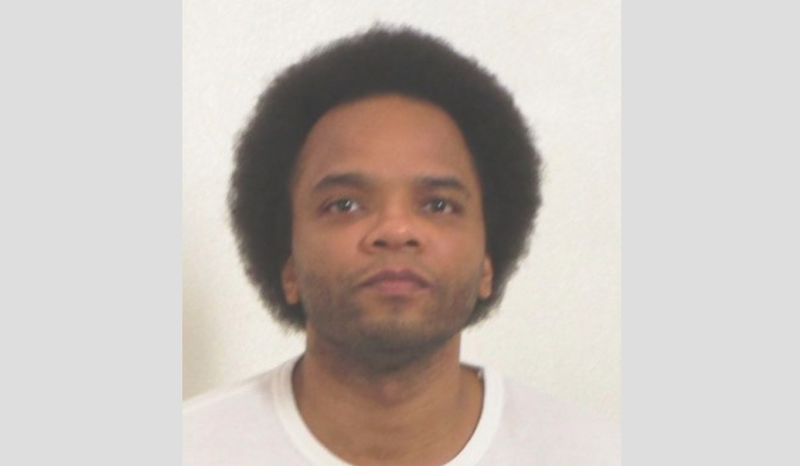The Arkansas Supreme Court on Thursday offered some post-conviction relief to a Pine Bluff man whose death sentence for a robbery-turned-murder has attracted national attention, legal assistance from a state representative and outside help from the NAACP.
Kenneth Reams, 43, has been in prison on death row since he was 18. He was convicted of capital murder for the 1993 shooting death of Gary Turner, whom Reams and an accomplice intended to rob while Turner was taking money out of a Pine Bluff ATM one evening, according to court records.
Reams' death sentence was vacated by a circuit judge in Jefferson County last year, based on the likelihood that at least one juror would have voted for a lighter sentence had Reams' attorneys attempted to speak to the accomplice, Alford Goodwin. Goodwin later admitted to being the trigger man in the shooting, according to records.
However, the lower court judge, John Cole, denied Reams' claims that he was entitled to a new trial to decide his guilt.
A 5-2 majority of the state's high court Thursday found that decision to be in error. The justices in the majority found that Reams could make a legal claim that his original lawyer was ineffective enough to taint Reams' trial, because the attorney never challenged the racial makeup of the jury pool in the case, which involved a black defendant and a white victim.
The Supreme Court remanded the case to Jefferson County Circuit Court, with instructions to reconsider Reams' claims with respect to whether he deserves a new trial.
It's unclear what the exact racial makeup of Reams' 12-member jury was. A brief filed by attorneys for the NAACP Legal Defense & Education Fund described it as a "nearly all-white jury drawn from a mostly-white jury pool."
However, Reams had already challenged the makeup of his jury during his direct appeal. Those claims were rejected by the Supreme Court, which declined to rehear them in his current appeal. Instead, the court's decision hinged on claims that his jury venire -- or the pool of people from which the final jury is chosen -- was flawed from the start.
Reams' attorneys, who could not be reached Thursday, submitted documents to the high court showing that the jury pool in Reams' case was 27.6 percent black. According to the 1990 Census, Jefferson County was 44 percent black at the time.
While the lower court had determined that Reams had to prove he was prejudiced by his lawyer's decision not to challenge the jury pool, Justice Karen Baker, writing for the majority, said that "prejudice is presumed" if it can be shown that a jury pool failed to fairly represent the community.
"The law is clear: the right to a jury trial is part of the basic structure of our courts," Baker wrote. "Here, in addressing Reams's argument regarding the composition of his jury, we hold that a twelve-member jury is meant to include twelve members who represent a fair cross-section of the community."
Joining Baker in the majority were Chief Justice Dan Kemp and Justices Courtney Goodson and Robin Wynne. Justice Josephine "Jo" Hart wrote a separate opinion concurring in part, but dissenting in the decision not to remand Reams' case for a new trial.
Justices Rhonda Wood and Shawn Womack each wrote separate dissenting opinions.
Attorney General Leslie Rutledge, whose office had fought Reams' appeals for a post-conviction relief, released a statement through a spokesman Thursday expressing disappointment in the decision, while saying she would review her options.
In his legal fight for a new trial, Reams has been represented by state Rep. John Walker, D-Little Rock, and several attorneys from the NAACP Legal Defense & Education Fund in Washington, D.C., and New York.
A website, freekennethreams.org, has also been set up by Reams' supporters and includes information about his case, as well as copies of artwork said to be painted by Reams in prison.
Metro on 11/09/2018

